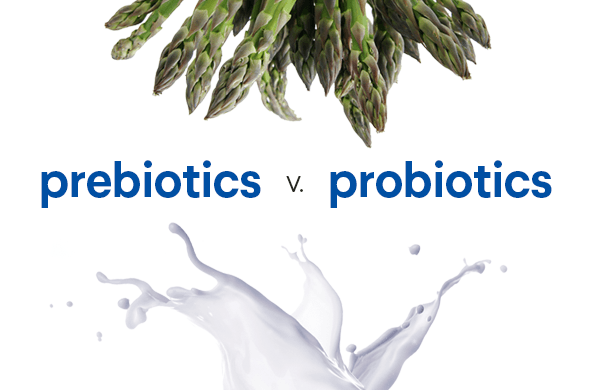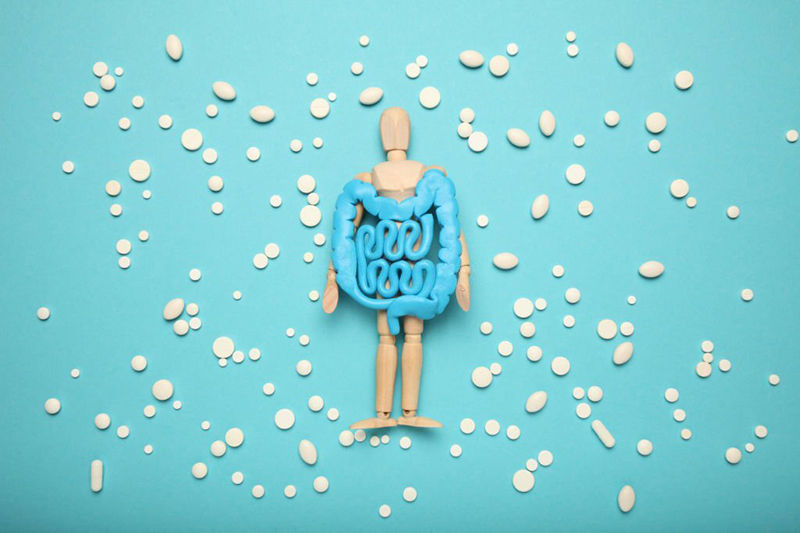With the in-depth study of the gut microbiome, there is more and more evidence that the gut microbiota is closely related to different diseases or health conditions. Probiotics, as microecological preparations for regulating intestinal flora, are being used more and more widely, especially in the treatment of children’s gastrointestinal diseases, the efficacy of probiotics has been continuously recognized. Faced with the dazzling variety of probiotic products, are you using the right probiotics for children?probioticseverything.com
probiotics and fiber
probiotics and fiber
Most of the symptoms of nausea, vomiting, digestion, and indigestion in babies are caused by abnormal bacteria in the body. In this case, probiotics should be properly supplemented to inhibit harmful bacteria, enhance intestinal immunity, promote nutrient absorption, and reduce allergies. Reaction and other effects, make the baby’s body healthier.probioticseverything.com
probiotics and fiber
probiotics and fiber
The role of probiotics in children
1. Inhibit harmful bacteria
Probiotics compete to crowd out harmful bacteria by occupying space in the intestinal tract, and the organic acids, hydrogen peroxide and bacteria produced can prevent the growth and reproduction of harmful bacteria and play a screen role.
2. Enhance intestinal immunity
Probiotics can regulate the body’s immune system, enhance the intestinal innate immunity, promote the secretion of related cytokines and antibodies from the intestinal mucosa, and play a certain role in maintaining the baby’s intestinal immune balance and airway.
3. Promote nutrient absorption
Probiotics produce lactase to help your baby digest lactose and reduce bloating, gas and abdominal pain caused by lactose intolerance. The lactic acid produced by the decomposition of lactose can promote the absorption of calcium, iron, phosphorus, zinc, and vitamin D in the baby’s body, and at the same time produce nutrients such as vitamin B and vitamin K.
4. Reduce allergic reactions
As bacteria, probiotics can regulate the development of intestinal mucosal lymphoid tissue, thereby reducing the occurrence of allergic diseases. For example, probiotics can reduce the symptoms of milk allergy in some babies and correct diarrhea.probioticseverything.com
probiotics and fiber
probiotics and fiber
When is the best time to take probiotics for babies?
Experts say that probiotics are generally not recommended for long-term use. The baby’s intestine is constantly developing. A good intestine should regulate the balance of the flora by itself. When the baby is normal, there is no need to eat it. Probiotics just help your baby build a normal system in the case of a disorder.
1. When taking antibiotics. Antibiotics, especially broad-spectrum antibiotics, cannot identify harmful bacteria and beneficial bacteria, so when it kills the enemy, it often kills the beneficial bacteria. At this time or after adding some probiotics, it will play a good role in maintaining the balance of intestinal flora.
2. Inappetence, indigestion, milk incompatibility, acute and chronic diarrhea, dry stool and malnutrition caused by poor absorption, probiotics can be supplemented to children.
3. Premature, caesarean section and non-breastfed babies cannot get enough probiotic sources from their mothers, and the healthy intestinal bacterial membrane is not healthy, which may lead to weak constitution, loss of appetite, dry stool, etc., and should also be supplemented in moderation Probiotics.
4. It can play a preventive role in special moments when the immunity is low or the immunity needs to be enhanced (such as during a certain epidemic disease).probioticseverything.com
probiotics and fiber
probiotics and fiber






